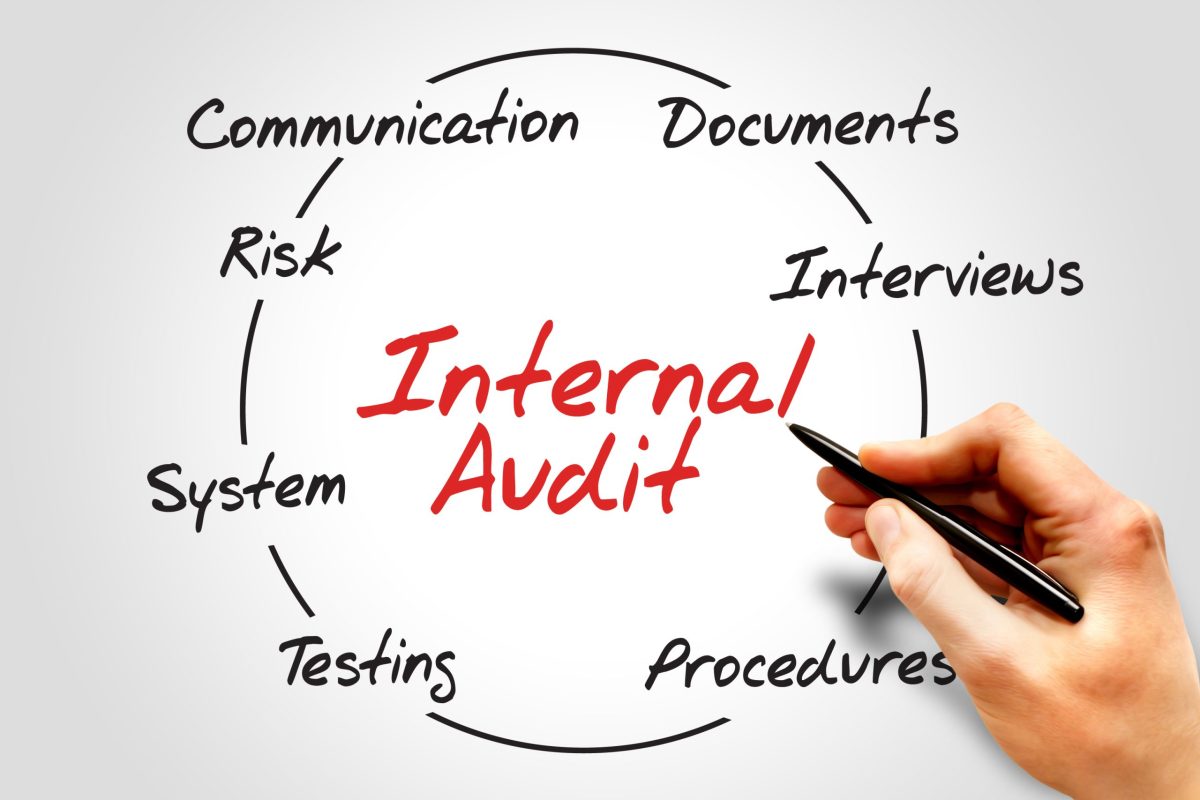What is the purpose of Internal Audit for ISO27001 Certification?
The Key Role of Internal Audits in ISO 27001 Compliance
Obtaining ISO 27001 certification provides numerous benefits for organisations, demonstrating that your organisations is serious about information security. To achieve certification, an extensive information security management system (ISMS) needs to be implemented and rigorously maintained.
A crucial component for maintaining an effective ISMS as required by ISO 27001 is conducting regular comprehensive internal audits. Internal audits examine all aspects of your security controls, policies, and procedures to ensure they align with ISO 27001 requirements and the controls have been properly implemented.
An ISMS should be an evolving system that develops alongside emerging threats and technological advancements. Internal audits are one of the best tools for identifying areas to strengthen the management system and close any information security gaps. Internal audits test the effectiveness of security measures, determine the adequacy of procedures, and ensure compliance from all employees.
Through in-depth audits that analyse processes, infrastructure, and related documents for alignment with ISO 27001 controls, vulnerabilities are uncovered so that improvements can be made proactively, rather than after incidents occur. Audits also help confirm that written security policies and management commitments to information security translate into compliant practices company-wide.
Checking all aspects of security controls is complex and exhaustive. Internal ISO 27001 audits typically include evaluating: risk management practices, access controls, password policies, encryption methods, backup procedures, security incident protocols, and employee security training among numerous other areas.
Regular audits demonstrate proper oversight, risk management, governance, accountability, and commitment to ongoing improvement. Audits should be comprehensive, fully documented, and performed by qualified, trained personnel. Identified issues or non-conformities must be addressed in a timely manner through formal corrective action procedures. Ultimately audits help an ISMS continuously evolve to manage risks appropriately.
By confirming that all facets of an ISMS work as intended according to the ISO 27001 standard, impactful internal audits ensure you benefit from certification and remain prepared for external re-certification audits down the road. With vigilant internal assessments, organizations obtain the most value from ISO 27001 compliance to optimize information security.
If you need help with ISO 27001 Internal Audits, contact us here
